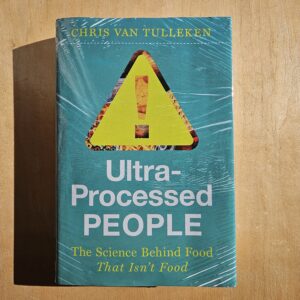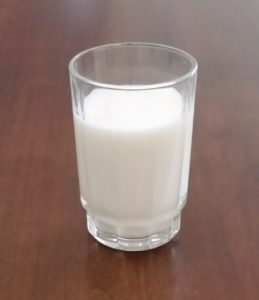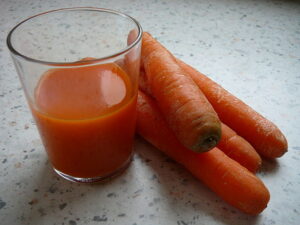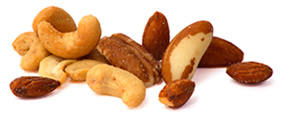
Microplastics and our exposure to them is a growing concern these days. Not only do microplastics pollute our environment, including food, but they are also found in all of us. Thus there is interest in how to lower our exposure to them.
A recent small study found that chewing gum can be a source of microplastics. Researchers found that chewing gum releases hundreds to thousands of microplastics per piece (depending on the brand) into our saliva in the mouth - which we then swallow. The first two minutes of chewing on a fresh piece of gum is when the most microplastics are released into the mouth.
How could that be? Chewing gums are made from a rubbery base, sweetener, flavorings, and other ingredients. Natural gum products use a plant-based polymer, such as chicle or other tree sap, to achieve the right chewiness. But most gums sold in stores is synthetic gum, which contain petroleum-based polymers (plastic!) to get that chewy effect. In other words, with these gums a person is chewing on plastic!
Gum ingredient lists do not mention that plastics are in them, and may only say "gum based".
In the study, 5 brands of natural gums and 5 brands of synthetic gums were tested. Surprisingly, both natural and synthetic gums released microplastics (up to 3,000 plastic particles per synthetic gum piece). While the results are concerning, note that bottled water releases many more tiny particles of plastic - one study found an average of 240,000 plastic pieces in a liter of bottled water.
From Medical Xpress: Chewing gum releases microplastics into mouth: researchers
Gum gets some of its chewiness from polymers similar to those used in car tires. Chewing gum releases hundreds of tiny plastic pieces straight into people's mouths, researchers said on Tuesday, also warning of the pollution created by the rubber-based sweet. ...continue reading "Chewing Gum Is A Source of Microplastics"

 What foods to avoid or to eat has long been debated in chronic kidney disease treatment. Traditionally, people with chronic kidney disease (CKD) have been advised to avoid a number of fruits and vegetables. In contrast, a recent
What foods to avoid or to eat has long been debated in chronic kidney disease treatment. Traditionally, people with chronic kidney disease (CKD) have been advised to avoid a number of fruits and vegetables. In contrast, a recent 
 There is much concern with the amount of highly or ultra-processed foods the typical American eats - over 50% of the calories eaten daily! A very good book about ultra-processed food is
There is much concern with the amount of highly or ultra-processed foods the typical American eats - over 50% of the calories eaten daily! A very good book about ultra-processed food is  It's good to eat and drink dairy foods! Consuming dairy foods is beneficial for the gut microbiome, but each dairy food - whether milk, cheese, or yogurt - appears to have different effects on the composition of the gut microbiome (the community of bacteria, viruses, fungi).
It's good to eat and drink dairy foods! Consuming dairy foods is beneficial for the gut microbiome, but each dairy food - whether milk, cheese, or yogurt - appears to have different effects on the composition of the gut microbiome (the community of bacteria, viruses, fungi). Remember when for years eating eggs was viewed as unhealthy? And people were told to only eat egg whites? Well, well... how views have changed. Another recent
Remember when for years eating eggs was viewed as unhealthy? And people were told to only eat egg whites? Well, well... how views have changed. Another recent  Type 2 diabetes is a huge problem in the US. Studies have long suggested that losing weight can help a person reduce or even stop having to use diabetes medication, and even reverse the
Type 2 diabetes is a huge problem in the US. Studies have long suggested that losing weight can help a person reduce or even stop having to use diabetes medication, and even reverse the 

 The Lemon Tea ingredients: Water, citric acid, instant tea powder, sodium benzoate, potassium sorbate, caramel color, acesulfame-K, sucralose, natural flavors.
The Lemon Tea ingredients: Water, citric acid, instant tea powder, sodium benzoate, potassium sorbate, caramel color, acesulfame-K, sucralose, natural flavors. Many people to this day avoid eating nuts because they view them as high calorie and high fat (umm...probably because the medical establishment said that for years). However, studies in the past decade repeatedly found that frequent nut consumption has health benefits.
Many people to this day avoid eating nuts because they view them as high calorie and high fat (umm...probably because the medical establishment said that for years). However, studies in the past decade repeatedly found that frequent nut consumption has health benefits.